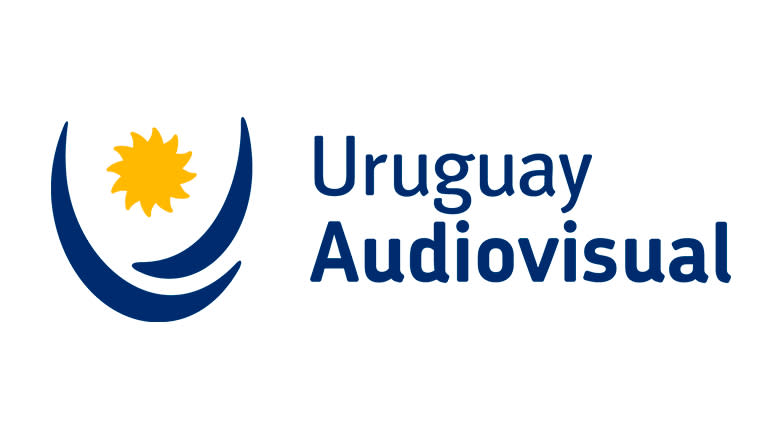Uruguay Gets International Shoot Rebates, Extra National Production Aid

Uruguayan authorities have created a new Uruguay Audiovisual Fund that offers cash rebates for international productions shooting in Uruguay, as well as extra grants for Uruguayan productions.
Announced last week in Montevideo, and part of a new roadmap for Uruguay’s create industries, news of the new Fund comes days after Matías Ganz’s “Los Indefensos,” an idiosyncratic genre blender, won Le Film Français prize, one of the major awards at Ventana Sur’s Primer Corte pix-in-post strand.
That sums up the current contradiction of Uruguay’s industry. Despite its small size, with a population of just 3.4 million, Uruguay punches above its weight in film terms. It boasts exceptional upscale directors – Federico Veiroj, Alvaro Brechner and Gustavo Hernández are just three – and has seen Uruguayan Fede Alvarez direct two U.S. chart toppers – 2013’s “Evil Dead” and 2016’s “Don’t Breath.”
But Uruguay’s movie industry also suffers from acute under-capitalization: Alvarez works in Hollywood, near all Uruguayan productions are made in international co-production.
The Uruguay Audiovisual Fund represents an attempt to reset the industry. The new international shoot support takes the form of rebates equivalent to up to 25% of eligible expenditure in Uruguay. Rebates apply to any kind of audiovisual production save commercials. To qualify, shoots must spend over $1 million in Uruguay. Rebates are capped at $400,000 per production. They will complement an already-in-place 22% VAT exemption mechanism for production services and co-productions.
The creation of a production incentive for international shoots in Uruguay is “highly promising,” said production incentive consultant Jonathan Olsberg, at Olsberg SPI.
It was also always on the cards. In a keynote, The Future of Automatic Production Incentives, which Olsberg presented at this month’s Ventana Sur, he noted that, as of October 2018, 95 automatic incentives operated around the world at a national, state or provincial level. Their use is the “major public policy phenomenon in the film and TV (and, increasingly, games) sectors during the last 10-plus years.” There will, furthermore, be a continuous introduction of new schemes throughout the world, Olsberg added, given both a “huge production deluge” and “abundant and mounting evidence of the impact of success of the schemes.”
Targeting national productions, a second new incentive, also complementing rather than replacing existing support, will adjudicate grants to Uruguayan nationality projects. “These will be equivalent to a percentage of the expenses incurred in certain eligible items on national productions of a certain size,” according to Uruguay’s National Film and Audiovisual Directorate (ICAU), its public-sector film-TV funding agency. National productions will also enjoy a 22% VAT exemption.
The new measures kick in from March for an 18-month pilot period. Uruguayan production funding still has to be clarified. As often with incentive schemes’ impact has to be judged after they have been used for some time. Any increased support in Uruguay is welcome, however.
The new road map for Uruguay’s creative industries is “an important point of departure to attract projects and above all producers, for them to feel backed and attracted by a new national scenario which has demonstrated its capacity to create great projects, is in constant growth and consolidating as an emerging industry,” said Ignacio Cucucovich, producer-co-writer of Hernández’s 2018 release, “You Shall Not Sleep.”
He added: “Now it’s up to us, Uruguay’s local producers, to turn this into a positive experience for the country, achieving another step-forward towards what we’re all looking for.”
Related stories
Hungary Extends Tax Rebate by Six Years
Emmett/Furla Films Plays the Tax Break Game
Should Major League Baseball Offer TV Rebates for Peddling a Juiced Product?
Subscribe to Variety Newsletters and Email Alerts!

